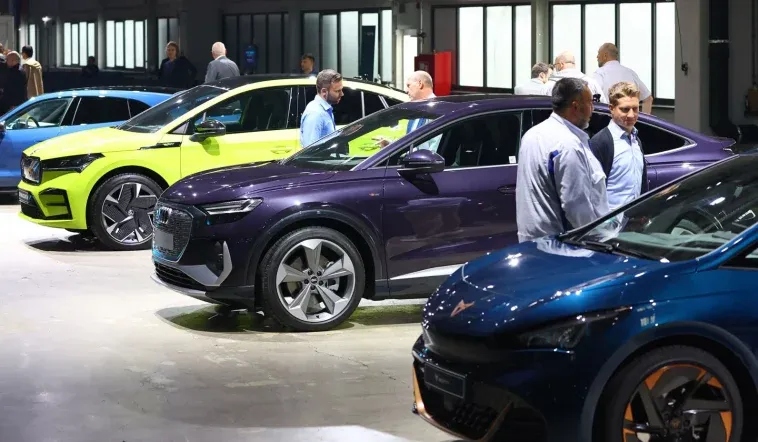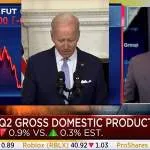(National Review) The Germans may be returning to pragmatism.
Volkswagen AG has seen the light, or at least slowed in its delusion that all cars will be entirely electric in the next decade. The world’s third-largest automotive group by market cap (after Tesla and Toyota), the manufacturer has announced that CEO Herbert Diess is out, and the head of its Porsche division, Oliver Blume, is in command. While there appear to be at least a few reasons why VW prematurely ended Diess’s lease (labor disputes, slow EV rollout, and impolitic revelations), it may be the prudent incrementalism of his replacement that will make the change particularly consequential. “Electrofuel” is Blume’s pet term, one we’ll no doubt hear more of in the coming years.
As the Wall Street Journal explains:
Electrofuels are a type of synthetic fuel that produce energy the same way gasoline and diesel do. They combust as part of a conventional power drive. But they are manufactured by mixing water and carbon dioxide to create a low-carbon replacement fuel for diesel or gasoline engines. Right now, they are too expensive to make economically. Some experts believe they will never be as cheap as battery electric cars.
For the industry, though, e-fuels carry one big advantage over battery-powered vehicles: Because they burn the same way as gasoline, they can run in the internal-combustion engines that most of the industry still pumps out. That would allow car makers to continue to make traditional engines, saving them the billions of dollars many have already committed to in their pivot to making electric cars.
Governments and manufacturers have long dreamt of a world without fossil fuels, with visions of sleek, environmentally-inoffensive electric vehicles taking their place. Critics of this vision have rightly scoffed at it, both for the onerous regulations to effect such a dramatic shift in transportation and the obvious scaling issues of producing these millions of cars. Not to mention that the electric-vehicle class is burdened with new technologies that do not necessarily improve upon their internal-combustion engine (ICE) counterparts meaningfully.






